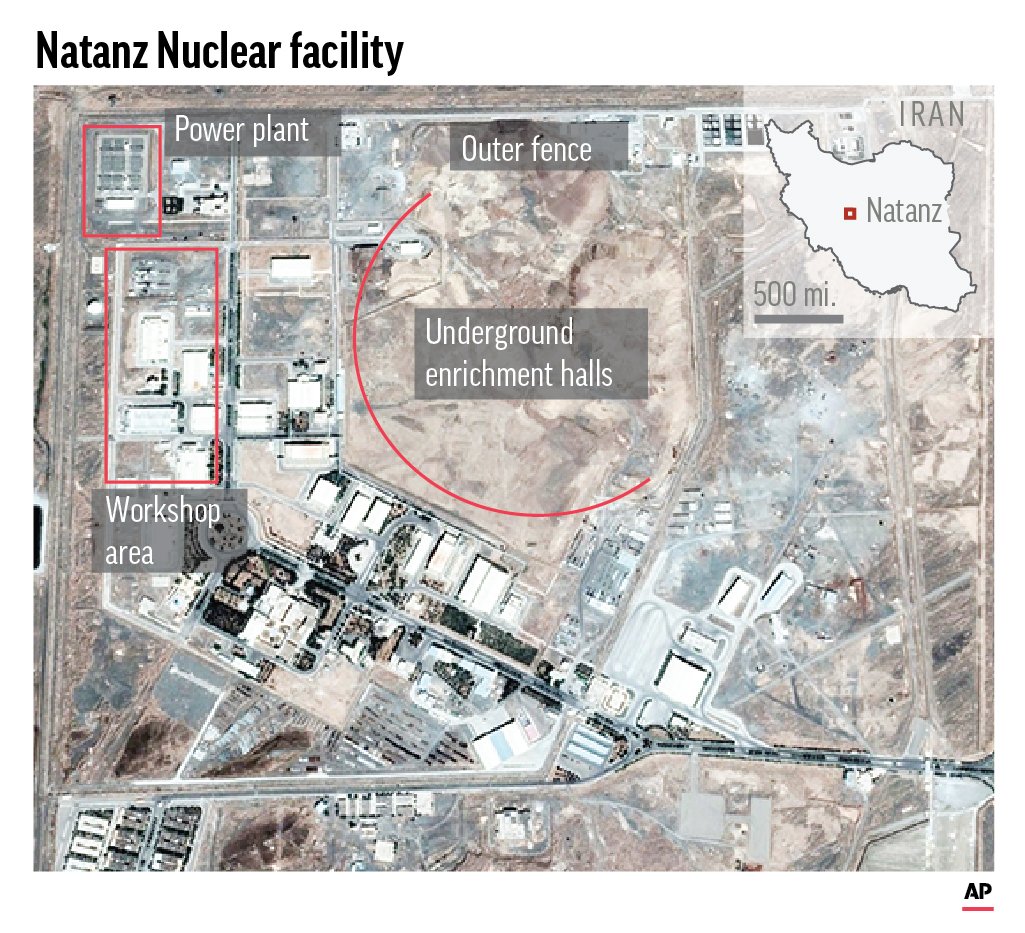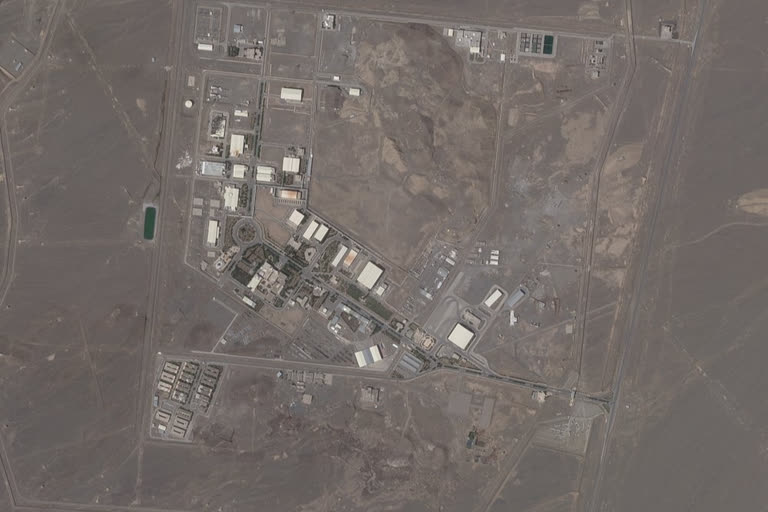Tehran: Iran began enriching uranium up to 60% purity on Friday, its highest level ever after an attack targeted its Natanz nuclear site, the country’s parliament speaker said.

The comment by Mohammad Bagher Qalibaf, quoted by state television, did not elaborate on the amount Iran planned to enrich. However, it is likely to raise tensions even as Iran negotiates with world powers in Vienna over a way to allow the U.S. back into the agreement and lift the crushing economic sanctions it faces.
Read:| Iran Prez calls 60% enrichment an answer to ‘evilness’
The announcement also marks a significant escalation after the sabotage that damaged centrifuges, an attack this past weekend suspected of having been carried out by Israel. While Israel has yet to claim it, the country is widely suspected of having carried out the still-unexplained sabotage at Natanz, Iran’s main enrichment site.
“The will of the Iranian nation is a miracle-maker and it will defuse any conspiracy,” state television quoted Qalibaf as saying. He said the enrichment began just after midnight Friday.
The Atomic Energy Organization of Iran, the country’s civilian nuclear arm, did not immediately acknowledge the move. It wasn’t immediately clear why the announcement came from Qalibaf, a hard-line former leader in the paramilitary Revolutionary Guard already named as a potential presidential candidate in Iran’s upcoming June election.
Read:| Iran warns sabotage affects Vienna talks over nuclear deal
While 60% is higher than any level Iran previously enriched uranium, it is still lower than weapons-grade levels of 90%.
Iran had been enriching up to 20% — even that was a short technical step to weapons-grade. The deal limited Iran’s enrichment to 3.67%
The move could inspire a further response from Israel amid a long-running shadow war between the nations.
Israeli Prime Minister Benjamin Netanyahu has vowed never to allow Tehran to obtain a nuclear weapon and his country has twice preemptively bombed Mideast nations to stop their atomic programs.
AP
Read:| Iran calls Natanz atomic site blackout ‘nuclear terrorism’



